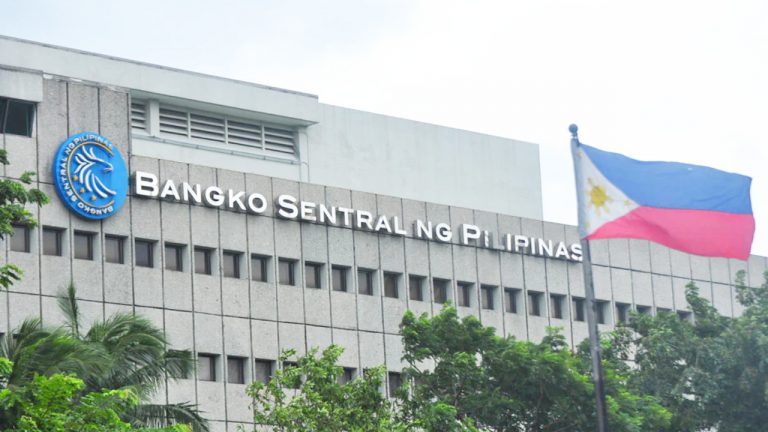Philippine Central Bank Widens Cryptocurrency Regulation — Sees ‘Accelerated Growth’ in Crypto Activity

The Philippines’ central bank, the Bangko Sentral ng Pilipinas (BSP), has expanded the country’s cryptocurrency regulation after seeing “accelerated growth” in the use of crypto exchanges. The new regulatory framework is in line with the guidelines recommended by the Financial Action Task Force (FATF), according to the central bank.
Philippine Central Bank Introduces New Rules for Crypto Service Providers
The Bangko Sentral ng Pilipinas (BSP), the Philippines’ central bank, announced Tuesday that it has established new guidelines on virtual asset service providers.
“The Monetary Board (MB) approved the guidelines on virtual asset service providers (VASP), or entities that facilitate financial services through the conduct of virtual asset (VA) activities, to cover new business models and activities,” the central bank explained.
BSP Governor Benjamin E. Diokno commented:
We have seen accelerated growth in the use VCEs in the past three (3) years and it is high time that we broaden the scope of existing regulations in recognition of the evolving nature of this financial innovation and set out commensurate risk management expectations.
The new guidelines amend the existing regulations on cryptocurrency exchanges that were issued in 2017. The central bank says that the new regulatory framework “is aligned with fintech industry’s best practices and is consistent with risk management standards set by international standard-setting bodies such as the Financial Action Task Force (FATF)” on anti-money laundering (AML), combating the financing of terrorism (CFT), and proliferation financing (PF).
“The MB-approved framework expanded the activities subject to the licensing regime of the Bangko Sentral from initially covering those involved in facilitating the exchange of fiat and VA,” the central bank described.
The added activities are exchanging between one or more cryptocurrencies, transferring of cryptocurrencies, and the “safekeeping and/or administration of VAs or instruments enabling control over VAs.” Entities engaged in these activities will now be “subject to the BSP’s licensing requirements, regulatory expectations for money service businesses (MSB)” as well as AML, CFT, and PF obligations.
Governor Diokno added:
This will ensure that activities relating to VASP are executed within an unbroken chain of regulated entities.
The new framework also emphasizes that all transactions involving the transfer of cryptocurrencies “shall be treated as cross-border wire transfer” and crypto service providers “are expected to comply with corresponding BSP rules governing wire transfer, particularly on the obligation to provide immediate and secure transmittal of originator and beneficiary information from one VASP to another for certain transactions.”
Furthermore, BSP-approved virtual asset service providers must also comply with other existing rules for money service businesses, including rules on “outsourcing, liquidity risk management, operational risk management, information technology risk management, and financial consumer protection.”
What do you think about the BSP expanding crypto regulation? Let us know in the comments section below.
Comments
Post a Comment